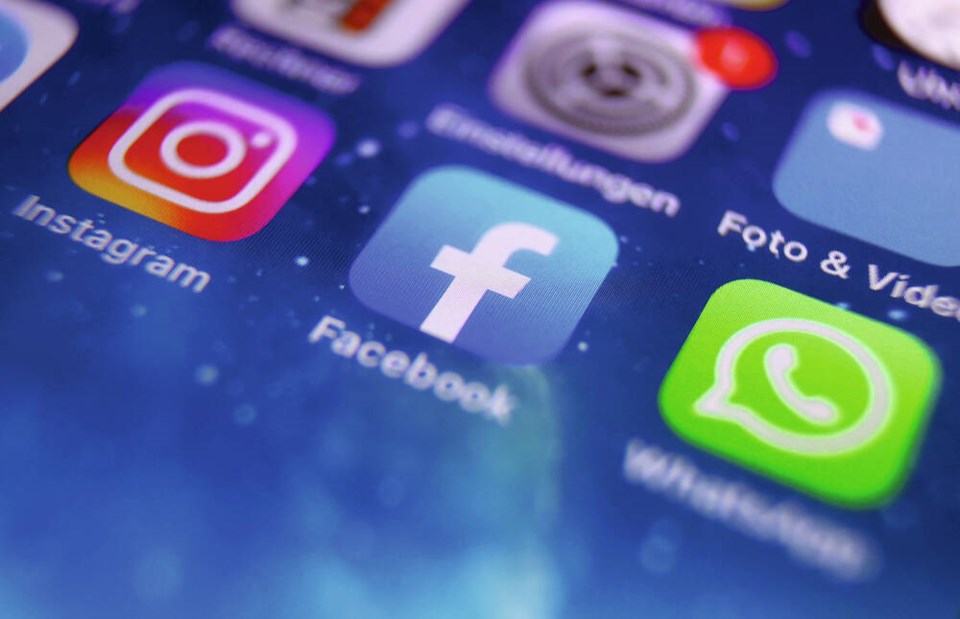Detoxing from any habitual dependency, be it alcohol, nicotine or even a failed relationship, is not easy.
Digital dependency, according to people who study this kind of addiction, falls into the same category.
Some experts estimate up to 10 per cent of adults have social-media addiction. However, due to how common social-media use is in general, the number may be higher.
So, how does a seemingly harmless hobby turn into an “addiction”?
Social-media use becomes problematic when an individual views social networking sites as an important coping mechanism to relieve stress, loneliness or depression. It provides continuous rewards that they’re not receiving in real life, so they end up becoming more and more dependent on the activity.
That’s why the term “digital detox” is gaining ground in the mainstream anti-addiction world.
Digital detox refers to a period of time when a person of any age voluntarily refrains from using digital devices such as smartphones, computers and social-media platforms. This form of detoxification has gained popularity as individuals have increased their time spent on digital devices and the internet.
Along with a relentless blitz of digitally available information (COP 26 and global warming) and an equally relentless fog of toxic disinformation (the 2020 U.S. election), we can access, sometimes more than once a day, significant news (gasoline prices) and completely inconsequential news (Britney is free!)
Every day, there are more sources than ever before for us, and especially our teenage kids, guiding what and how to think about the world around us.
All of this wrapped up in unlimited expressions of baseless, sometimes deliberately misleading, self-serving opinion.
To many Canadians, it sometimes feels that it has become too difficult to know what and who to believe and what to ignore just when reliable information is most needed.
Not an easy world for our kids to grow into and take up the responsibilities of living in a democracy.
We, and especially our kids, are in danger of moving toward a situation where nobody really believes anything anymore.
As Peter Pomerantsev, author of This is Not Propaganda: Adventures in the War Against Reality, explains: “[There is] this sense that people live in a world of endless conspiracy, and the truth is unknowable, and all that’s left in this confusing world is me.”
In 2021, there were approximately 31.76 million social-network users in Canada, and this figure is projected to grow to 38.18 million users in 2023.
The pandemic has challenged Canadians to find new ways to work, learn, socialize and enjoy themselves.
In navigating these challenges, many Canadians turned to the internet to adapt to a new way of life. It connected us in all the ways it did before, but even more so.
Canadians today spend an average of one hour and 46 minutes per day using social media and more than six hours per day using the internet in general.
As advertisers worldwide participate in one of the largest boycotts in Facebook’s history, new data from the Canadian Internet Registration Authority suggests that Canadians are concerned about harassment and toxicity on social-media platforms. Facebook, in particular, is named by 41 per cent of Canadians as the most toxic site they use.
The findings are part of Canada’s Internet Factbook, a comprehensive look at Canadians’ internet usage and habits during the era of COVID-19.
As in other types of addictions, using social media can influence a kind of individual and Jungian collective consciousness in harmful ways.
So, time for a digital detox?
Probably, says Dr. Rob Whitely, writing in Psychology Today. Whitely notes that a growing number of studies examining the link between social-media usage and mental health point to “one clear conclusion: Low levels of social media usage are associated with better mental health.”
According to Dr. Anna Lembke, chief of Stanford University’s dual-diagnosis addiction clinic and author of Dopamine Nation, the instant gratification that comes from digital immersion means we are living in the emotion-focused limbic brain, versus the problem-solving pre-frontal cortex.
Digital distractions help us escape life’s complex problems, she says, so we are losing our capacity to delay gratification, solve problems and deal with life’s normal frustrations.
Lembke recommends a digital detox to kick the habit. This detox certainly includes unplugging at least one hour before bed and not plugging back in first thing in the morning.
So I think I’m ready. I am done with digital. No more shopping from my easy chair, no more following social-media trends … well, for a little while anyway.
Geoff Johnson is a former superintendent of schools.



